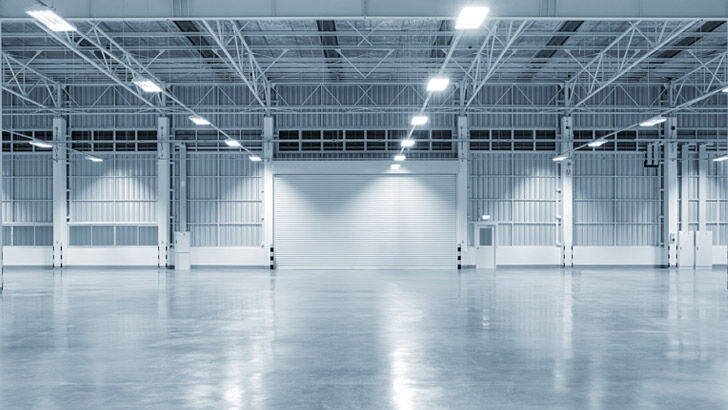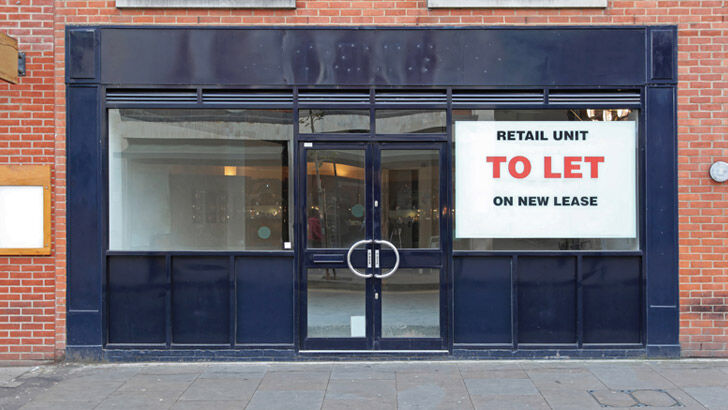Should small businesses rent or buy?
By Anthony O'Brien
Small businesses are keen to ditch the landlord and own their premises, judging by several industry reports. It's a step that can offer real advantages for an enterprise, with potential cost savings compared with leasing.
Raine & Horne's Commercial Insights Q2 2021 report confirms that low interest rates are encouraging businesses to invest in their premises.
According to valuers Herron Todd White, the strength of owner-occupier demand for commercial property in cities like Sydney often sees investors priced out of the market.
This demand can be backed by compelling benefits.
"Owning a premises gives a business certainty of tenure," says Angus Raine, executive chairman, Raine & Horne.
"If a business needs to relocate, it experiences disruption and potential loss of customers and even employees. A commercial property is also a growth asset, and in most cases the property is worth more than the business."
Attractive yields
The big drawcard for buying rather than leasing is the low interest rates.
"Across the market we are seeing rental yields on commercial property of 4% to 7% depending on location," says Raine.
"That's often a lot higher than the interest rate business owners will pay on a loan to own their premises. So, buying can deliver valuable savings on cash flow while enjoying the backing of a valuable asset."
With such low interest rates, Raine says even very small businesses such as tradies are stepping up to buy their own premises.
As a guide to the rates available, Liberty's Enterprise loan, designed especially for small businesses buying commercial property, has a rate starting at 3.95%. Bank Australia has rates starting at 2.49%.
The rate your business pays on a commercial loan will be shaped by the nature of the business and the type of property.
"Industrial property such as warehousing is multi-purpose, so it can attract a lower rate than a property designed for a specific use, such as a service station," says Raine.

Rents are rising
Buying your business premises involves a significant outlay, but it can bring the potential to avoid future rent hikes depending on the type of property and location.
The latest NAB Commercial Property Index shows rents on industrial property are expected to rise 2.1% over the next year.
The picture is different for retail properties, where rents are predicted to fall by up to 3%. Office rents are forecast to drop 1.7% over the next 12 months, followed by a recovery when more workers are expected to head back to workplaces.
Owning your workspace eliminates the struggle of finding premises to lease. Demand from owner-occupiers has squeezed vacancy rates in many areas, and securing quality premises to rent in premium locations is not always easy.
"The leasing market, especially for industrial property, is very tight at present," says Raine.
"In areas like south-western Sydney, Port Macquarie and mining regions like Mackay, we are seeing vacancy rates below 1% on industrial assets."

Bigger deposit needed
Commercial property lending works differently from home loans.
"Commercial property buyers can't generally borrow as much of a property's value as home buyers," says Raine.
"Whereas you may only need to have 5% deposit to buy a home, lenders often look for a 20%-30% deposit on a commercial property, rising as much as 35% for properties valued above $1 million."
As lenders mortgage insurance isn't available on commercial properties, business owners need a sufficient deposit to qualify for the loan. GST applies too, bumping up the cost by 10%. Other costs to factor in include legal fees and stamp duty.
An exception is South Australia, where stamp duty has been scrapped for commercial property.
Get stories like this in our newsletters.



